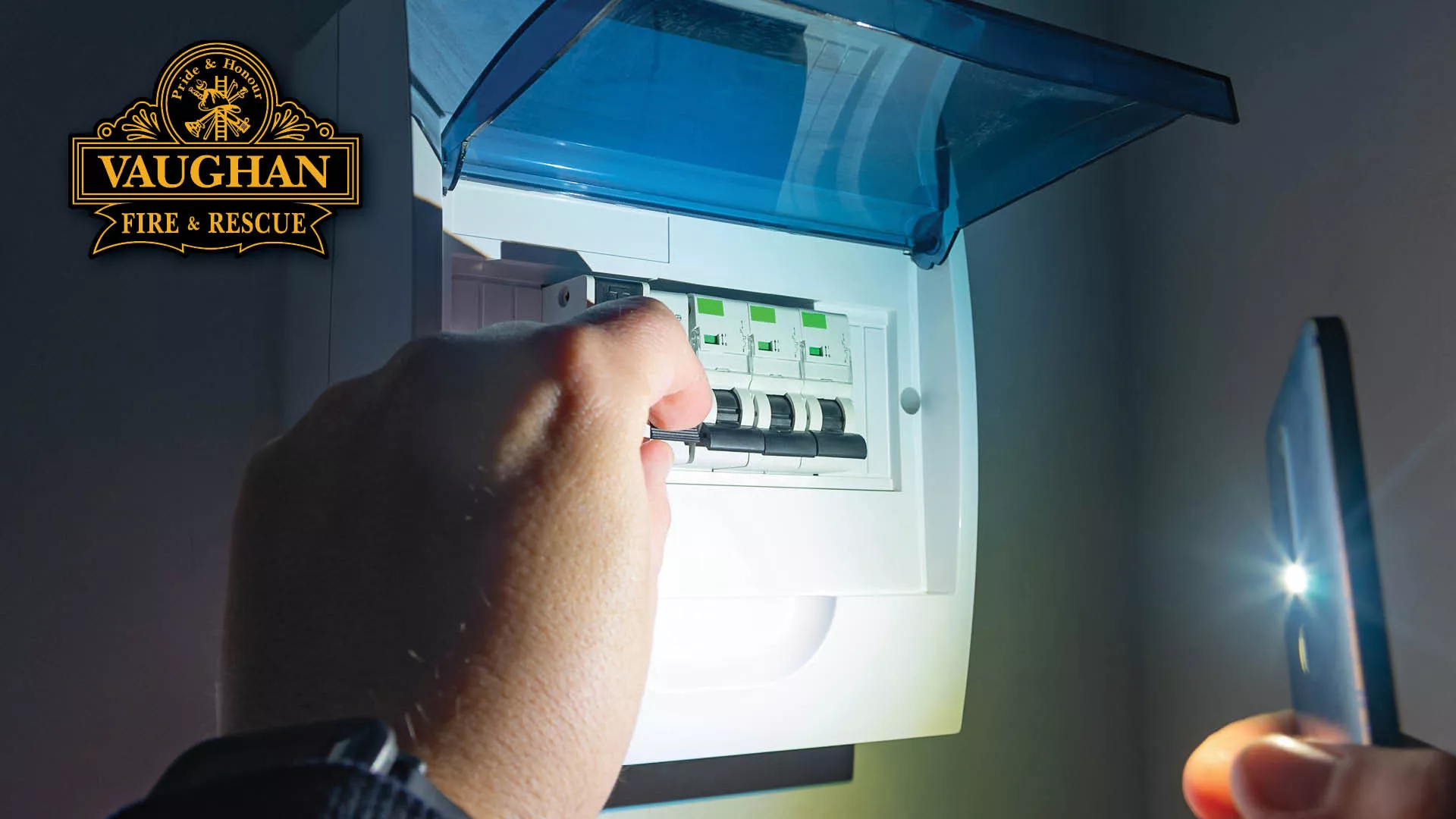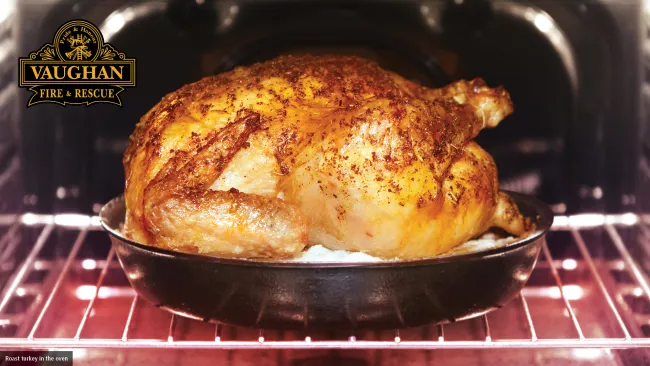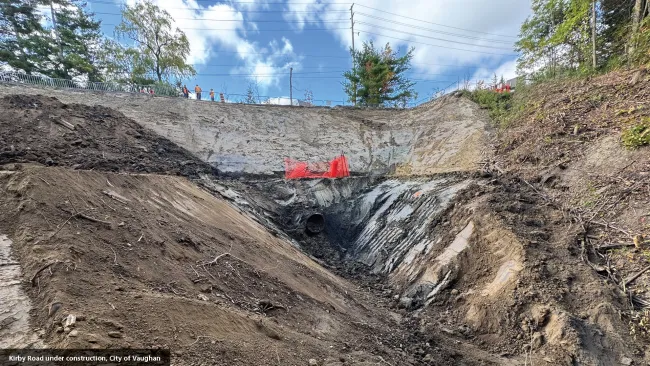How to be prepared for summer storms
Thunderstorms are inevitable in the summer – and big storms can cause power outages. High winds and heat waves can also damage power lines and equipment, leading to sparks and, potentially, flames.
Follow these safety tips from Vaughan Fire and Rescue Service to protect yourself, your family and your home from potential fires before, during and after a storm.
What to do before a storm or power outage
- Take precautions, including taking cover immediately if threatening weather approaches.
- Hard-wired (electrically connected) smoke alarms and carbon monoxide (CO) alarms will not work when the power is out unless they have battery backups. Therefore, ensure you have battery-operated smoke and CO alarms outside all sleeping areas in your home, and test them at least once a month.
- Use special alarms for those who are hard of hearing or deaf – these alarms have strobe lights and bed shakers.
- Make sure you have a working fire extinguisher.
- Check that your emergency preparedness kit is stocked and in a convenient location.
- Plan and practise your home escape plan (PDF). Everyone should know how to get out immediately if there is a fire.
What to do during a storm or power outage
- Turn off all tools, appliances and electronic equipment, such as stoves, microwaves and toasters.
- Turn your home’s thermostat(s) down to a low setting to prevent damage from a power surge when the power is restored.
- Do not use a generator indoors or in a wet environment. CO gas is odourless, invisible and extremely toxic and can be produced from a generator.
- Always use a flashlight or flameless candles – not a fire-burning candle – for emergency lighting.
- Be aware of and avoid downed utility lines. Report fallen or damaged power lines to Alectra Utilities at 1-833-253-2872.
What to do after a storm or power outage
- Turn the thermostats up first. Give the electrical system time to stabilize before turning on other power sources and appliances.
- Have a licensed electrician check for damage if you are concerned about wires in your home.
- Check food supplies in refrigerators, freezers and cupboards for signs of spoilage. If a freezer door has been kept closed, food should stay frozen for 24 to 36 hours, depending on the temperature. When food begins to defrost (usually after two days), it should be cooked – otherwise, it should be thrown out.
If your power goes out, visit Alectra Utilities’ website for outage details or call 1-833-253-2872 for more information.
To learn more about planning for an emergency, visit vaughan.ca/EmergencyPlanning. For further fire prevention tips, visit vaughan.ca/fire.
For updates and news as they happen, subscribe to Vaughan News and follow the official corporate channels on Twitter, Facebook, Instagram and LinkedIn.





